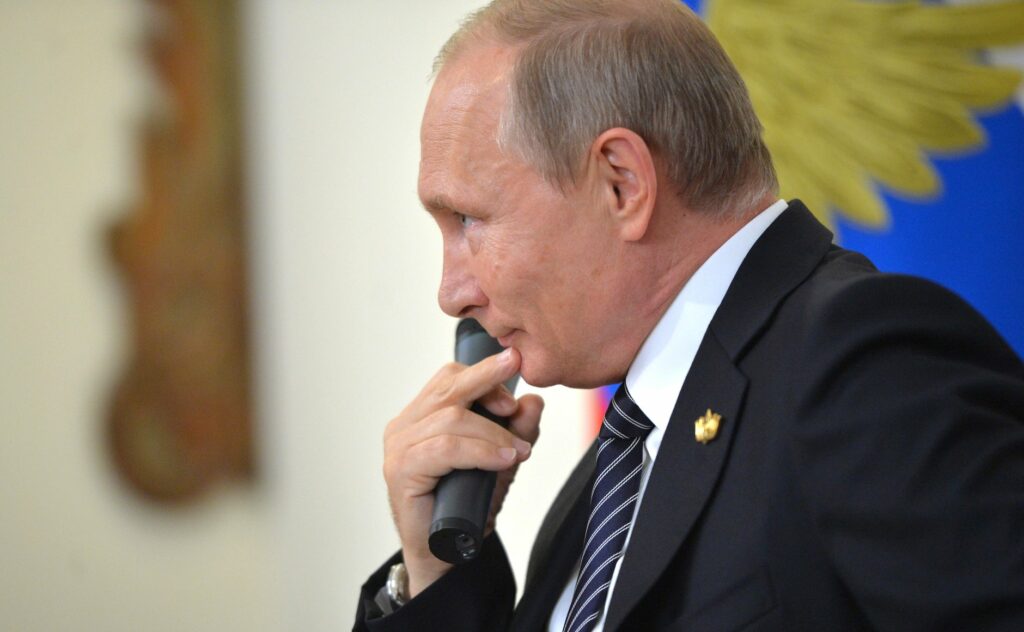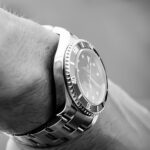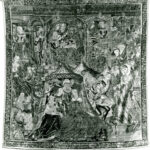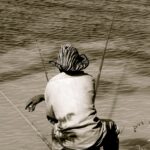Vladimir Putin, born on October 7, 1952, is a Russian politician who has served as the President of Russia from 1999 to 2008 and again from 2012 to the present day. He is widely regarded as one of the most influential figures in contemporary Russian politics and has left a significant impact on the country’s domestic and foreign policies. This detailed biography will explore various aspects of Putin’s life and career, drawing upon credible sources for each section.
Early Life and Education
Vladimir Vladimirovich Putin was born in Leningrad (now St. Petersburg), Russia. His father, Vladimir Spiridonovich Putin, was a conscript in the Soviet Navy, and his mother, Maria Ivanovna Putina, worked in a factory. Putin showed an early interest in sports and joined the Young Pioneers, a Soviet Union youth organization, where he demonstrated his skills in judo. After graduating from high school, he attended Leningrad State University, where he studied law and graduated in 1975.
KGB Career
Following his university education, Putin joined the Soviet Union’s security agency, the KGB, in 1975. He served as an intelligence officer, mainly specializing in counterintelligence. Putin was stationed in Dresden, East Germany, from 1985 to 1990, where he witnessed the fall of the Berlin Wall and the collapse of the Soviet Union. His time in the KGB provided him with valuable experience and a network of connections that would prove instrumental in his future political career.
Early Political Career
After resigning from the KGB in 1991, Putin entered politics. He worked in the administration of Anatoly Sobchak, the first democratically elected mayor of St. Petersburg, and eventually became the city’s deputy mayor in 1994. Putin quickly gained a reputation for his efficiency and determination, which earned him recognition at the national level.
Rise to Power
In 1999, Russian President Boris Yeltsin appointed Putin as prime minister, and later that year, Yeltsin resigned, making Putin the acting president. In 2000, Putin won the presidential election with a significant majority of the votes, cementing his position as the leader of Russia. During his first presidency, Putin focused on stabilizing the country’s economy, combating corruption, and reestablishing Russia’s position as a global power.
Presidential Terms and Policies
Putin served as president for two consecutive terms from 2000 to 2008. In 2008, due to constitutional limits on consecutive terms, he stepped down from the presidency but remained influential as the prime minister under President Dmitry Medvedev. In 2012, Putin was reelected as president, and he has since won subsequent elections, extending his time in power.
Throughout his presidency, Putin implemented various policies aimed at consolidating his control over the government and fostering economic growth. He pursued an assertive foreign policy, notably annexing Crimea from Ukraine in 2014. His presidency has also been marked by concerns over media freedom, human rights, and allegations of electoral irregularities.
Legacy and Public Image
Vladimir Putin’s leadership style and policies have evoked both admiration and criticism. Supporters credit him with restoring stability to Russia, reviving the economy, and reclaiming the country’s influence on the international stage. However, critics argue that his government has curtailed democratic freedoms, suppressed political opposition, and engaged in aggressive actions abroad.
Conclusion
Vladimir Putin’s biography is a story of a former KGB officer who rose through the ranks of Russian politics to become one of the most powerful leaders in the world. His tenure as president has had a significant impact on Russia’s domestic and foreign policies. While his leadership style and policies remain subject to debate, there is no denying the enduring influence of Vladimir Putin on the political landscape of Russia.
[1]: https://www.biography.com/political-figure/vladimir-putin
[2]: https://www.britannica.com/biography/Vladimir-Putin [3]: https://www.history.com/topics/21st-century/vladimir-putin







